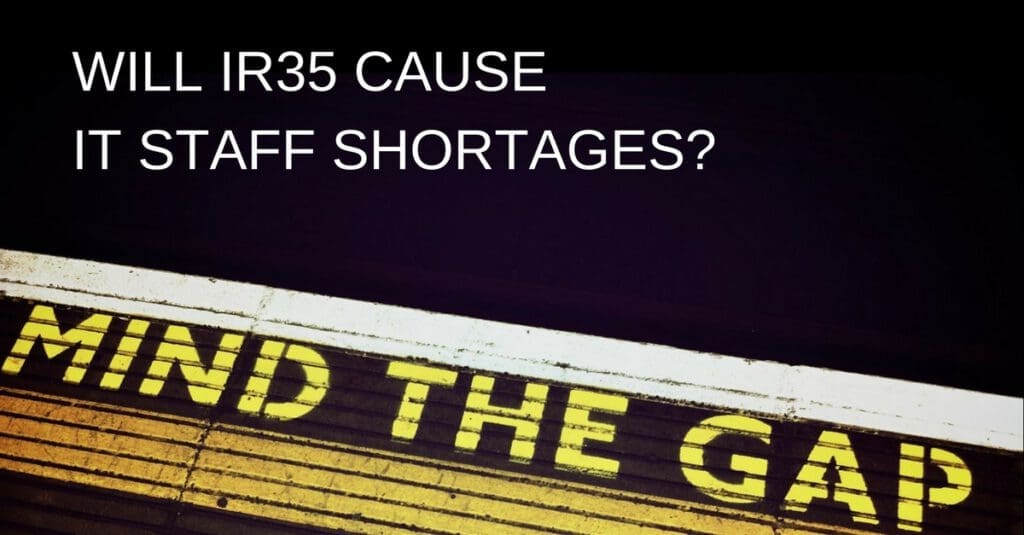All projects are different but the best way of identifying potential risks within a complex project is to call on the experience of past projects within the same field. Even within completely different industries there are many areas of potential risks that can be the same or similar.
The first approach to take is to take a broad overview of the different areas of the project:
- Scope
- Equipment
- Technology
- Existing Data
- People
- Timescale
- Budget
Then take each section and break it down into finer detail. A brainstorming session with a small group of team members representing different parts of the departments/groups involved can be helpful. This does not have to be a time-consuming task but is critical to the overall successful management of a project.
Scope
The nature of scope is the definition of what is and is not included in a business requirements document. Therefore, areas that might go wrong or cause problems will be issues surrounding what is or is not written in this document. So the first identified risks might be “Poorly defined business requirements”, “Lack of experienced staff documenting the requirements” or “Business requirements not approved by the business”
Equipment
This area of consideration should be about the equipment required to complete the project rather than any equipment that is the deliverable or end-result of a project. It might include computer hardware or factory equipment for making the final product or a range of other possibilities depending on the particular project. In identifying the risks under this section you will need to consider risks such as “what is the reliability of the equipment”, “how easily can the equipment be replaced if it breaks down”, “what are the costs of replacing faulty equipment” .
Technology
This section covers all areas to do with computers except the physical hardware. It should look at dependencies on software packages (both internal and external) and database management systems. For long-term projects, updating to different versions of software might have a time impact or cost implications if it involves additional staff or re-training existing staff.
Existing Data
Does existing data require conversion to a new system – if so is there a proven method that has been used before or will the solution be a ground-breaking one? Anything that has not been done before is likely to pose a high risk. Particularly if the existing data is proprietary so there is no expertise or experience to call on from previous projects either within or outside the organisation.
People
How critical are existing staff and their project management skills to the success of the project. Do they have specialist knowledge that would be difficult or expensive to find elsewhere. Is the current staff turnover high or are existing teams well-established, well-motivated and likely to stay the course of the project. As a project manager in a large global project you may not even know the project teams in different locations but only have contact with local project managers. Knowledge of the make-up of the teams can greatly assist in assessing potential risks.
Timescale
How accurate are the estimates for the whole project and each individual task. Is the project unlike anything that has been done before and, therefore, are the estimates really guesstimates, or worse, plain guesses? Has the business imperative driven the timescales such as in cases where time to market ahead of competitors is the over-riding factor? Or have the teams who have the knowledge to provide accurate estimates been allowed to do so. These factors affect the type and likelihood of timescale risks being faced.
Budget
Has the budget been determined more by a business imperative than by the actual cost likely to be required to complete the project. A limited budget is not necessarily detrimental to the success of a project. A good project manager will have the skills required to make the most of a limited budget and also to minimise the risks within such a project.
Indeed, many factors that inexperienced project managers might think create a more “risky” project are often factors that can be easily managed as they very commonly occur such as limited resources either in timescale or budget. It is more likely to be risks that occur infrequently or ground breaking new technology or products that will knock a project off course.
So identifying the risks in a project is critical to managing them successfully and the areas described above are the most important areas for a project manager to consider in identifying the risks. For larger, more complex projects, risk management will be an almost full time job and requires an experienced project manager who has the training and skills to handle it effectively.



